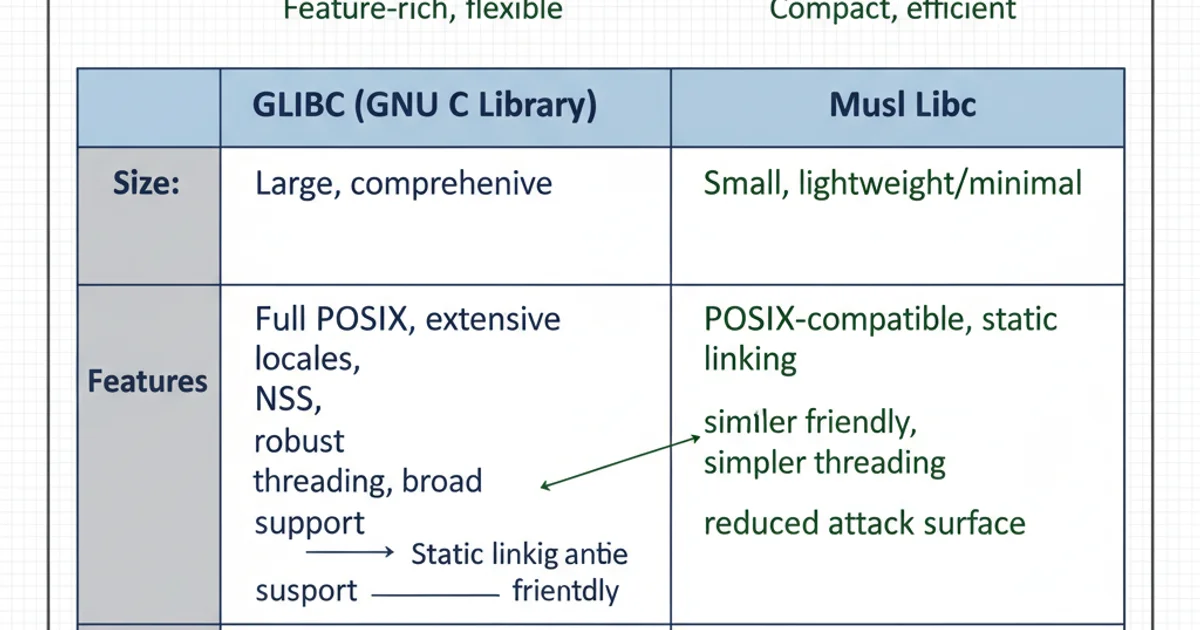Proper terminology, should I say indexes or indices?
Categories:
Indexes vs. Indices: Navigating the Plural of 'Index'

Explore the correct pluralization of 'index' in technical and general contexts, understanding when to use 'indexes' and when 'indices' is appropriate.
The English language, with its rich history and diverse influences, often presents us with fascinating linguistic quirks. One such point of contention, particularly in technical and academic fields, is the plural form of the word 'index'. Should you use 'indexes' or 'indices'? While both are technically correct, their usage often depends on context, tradition, and the specific field of study. This article delves into the nuances of these two plural forms, providing clarity for technical writers, developers, and anyone striving for precision in their language.
Understanding the Roots: Latin vs. English Pluralization
The word 'index' originates from the Latin word 'index', meaning 'informer' or 'pointer'. In Latin, the plural of 'index' is 'indices'. English, however, has a strong tendency to regularize plurals, especially for words that have been fully assimilated into the language. This leads to the common English plural form 'indexes'.
Historically, many words adopted from Latin retained their original plural forms. Over time, as these words became more common in everyday English, they often developed a regularized English plural. 'Index' is one such word that exists in this linguistic dual state.
flowchart TD
A[Word: Index] --> B{Origin: Latin}
B --> C[Latin Plural: Indices]
B --> D{Assimilation into English}
D --> E[English Plural: Indexes]
C --> F{Contextual Usage}
E --> F
F --> G["Decision: Indexes or Indices?"]Linguistic evolution of 'index' pluralization
When to Use 'Indexes'
'Indexes' is the more common and generally accepted plural form in most modern English contexts, especially in computing, mathematics, and general usage. It follows the standard English pluralization rule of adding '-es' to words ending in '-x'.
In the realm of computer science and databases, 'indexes' is almost universally preferred. When referring to database indexes, search engine indexes, or array indexes, 'indexes' is the standard terminology. This preference stems from the desire for clarity, consistency, and the regularization of technical jargon.
CREATE INDEX idx_lastname ON Employees (LastName);
CREATE INDEX idx_firstname ON Employees (FirstName);
-- Referring to multiple database indexes
SELECT * FROM sys.indexes WHERE object_id = OBJECT_ID('Employees');
SQL example demonstrating the use of 'indexes' in a database context.
When to Use 'Indices'
'Indices' is the traditional Latin plural and is still commonly used in specific academic and scientific fields, particularly in mathematics, statistics, and some areas of publishing (e.g., book indices). Its usage often signals a more formal or specialized context.
In mathematics, 'indices' frequently refers to exponents (e.g., 'the indices of a power') or subscripts/superscripts used to denote elements in a sequence or matrix. In publishing, 'indices' might be used when referring to multiple alphabetical lists at the back of books or collections of data.
While 'indices' is not incorrect, its use outside these specialized domains can sometimes sound overly formal or even pedantic to a general audience.
# Mathematical context: referring to exponents or array positions
# In this context, 'indices' might be used in a formal paper
matrix = [[1, 2, 3], [4, 5, 6]]
# The elements at indices (0,0), (0,1), etc.
# Exponents
x = 2
y = 3
# x raised to the power of y. Here, y is an index (or exponent).
# If discussing multiple exponents, one might say 'the indices of the powers'.
Python example illustrating contexts where 'indices' might be used in a mathematical sense.

Contextual usage comparison of 'indexes' and 'indices'.
Conclusion: Choose Your Plural Wisely
The choice between 'indexes' and 'indices' boils down to context and audience. For most technical documentation, especially in software development, databases, and general computing, 'indexes' is the clear and preferred choice. It aligns with modern English usage and promotes clarity.
'Indices' retains its place in more formal, academic, or mathematical contexts, honoring its Latin roots. As a technical writer, being aware of these distinctions allows you to choose the most appropriate and precise term for your specific audience and subject matter, enhancing the professionalism and readability of your work.